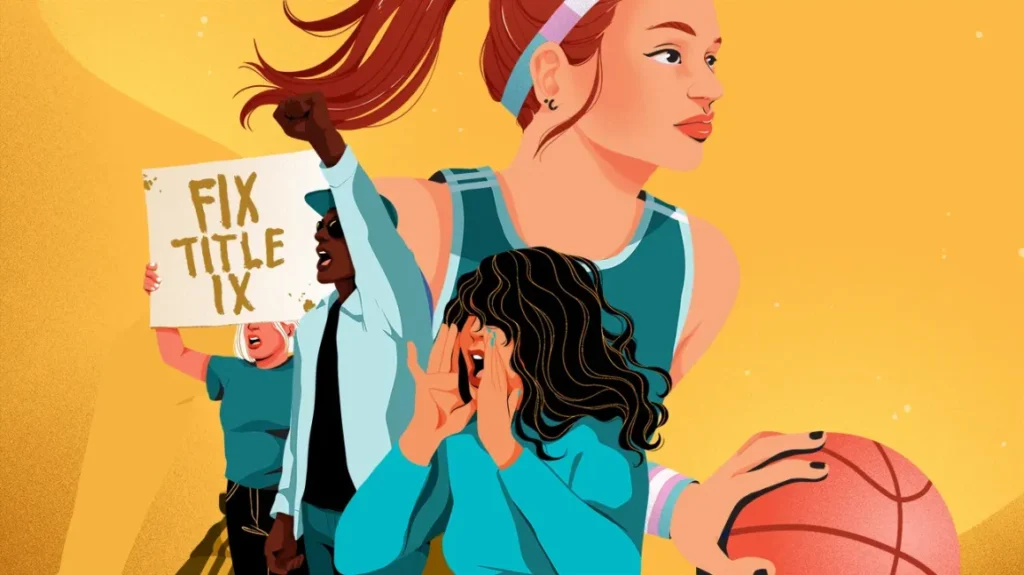Sports and gender equality
Sports and gender equality: breaking down Stereotypes and promoting inclusion
Sports have historically been viewed as a male-dominated activity, with women often excluded from participating or facing significant barriers to entry.

However, in recent years, there has been a growing recognition of the importance of gender equality in sports. This article explores how sports can break down gender stereotypes, promote inclusion, and the progress made in achieving these goals.
Breaking down gender stereotypes
One of the most significant ways in which sports can promote gender equality is by breaking down traditional gender stereotypes. Historically, people have seen sports as a masculine pursuit, often viewing women as weaker or less capable athletes.
This has led to a lack of opportunities for women in sports, as well as a lack of respect for female athletes.
However, by promoting female participation in sports and showcasing women’s athletic abilities, sports can challenge these stereotypes and demonstrate that women are just as capable as men. Female athletes can serve as role models for young girls, showing them that they too can participate in sports and excel at them.
This power can be particularly significant in cultures that strongly enforce traditional gender roles.
Promoting inclusion
Sports can also promote gender equality by promoting inclusion. By providing opportunities for women to participate in sports, regardless of their socioeconomic background or cultural heritage, sports can break down barriers to entry and promote greater equality.
This can help to ensure that women have access to the same opportunities as men, and can pursue their athletic goals without facing discrimination or exclusion.
Sports can also promote inclusion by creating spaces where women feel safe and supported. This is particularly important for women who may feel uncomfortable or unsafe in male-dominated spaces.
By providing safe and inclusive environments for women to participate in sports. Sports organizations can help to promote gender equality and empower women.
Progress toward gender equality in sports
Despite recent progress toward gender equality in sports, much work remains.
Barriers to entry still confront women, who often receive lower pay than male athletes for similar performance.
Additionally, women’s sports often receive fewer media coverage and support than men’s, limiting their visibility and influence.
However, there have been some significant breakthroughs in recent years. In 2016, the International Olympic Committee (IOC) announced that transgender athletes could compete without undergoing sex reassignment surgery.
Observers considered this decision a significant leap forward for gender equality in sports. It demonstrated a commitment to inclusivity and respect for all athletes, regardless of gender identity.
Many high-profile female athletes have broken barriers, proving women are as capable as men.
For example, Serena Williams, one of the greatest tennis players of all time, has won 23 Grand Slam singles titles. He is making her the most successful female tennis player in history.
Ronda Rousey, a former mixed martial artist, was the first woman to sign with the UFC and helped popularize women’s MMA.
Conclusion
Sports have the potential to break down gender stereotypes and promote inclusion. Making them an important tool for achieving gender equality.
By promoting female participation in sports and showcasing the athletic abilities of women. Sports can challenge traditional gender roles and demonstrate that women are just as capable as men.
Additionally, by providing safe and inclusive spaces for women to participate in sports. Sports organizations can empower women and promote gender equality. There is still much work to be done. The progress that has been made in recent years demonstrates that sports can be a powerful force for change. 온라인카지노사이트

